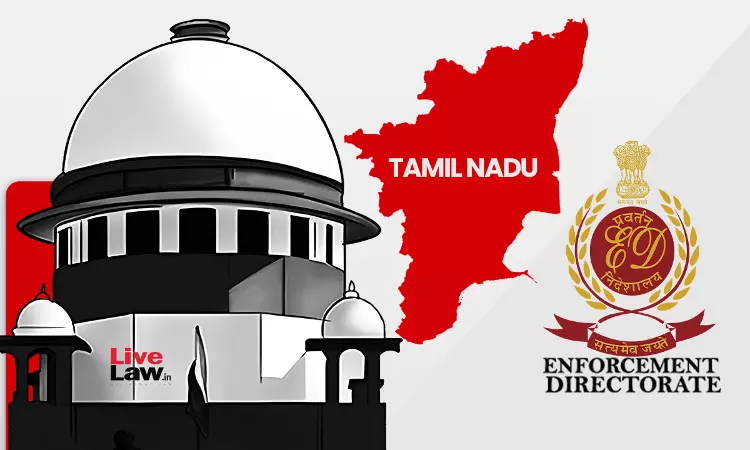In Cases Between ED & State Officials, There Should Be Fair Probe; No Vindictive Arrests: Supreme Court Mulls Framing Guidelines
LIVELAW NEWS NETWORK
25 Jan 2024 3:14 PM IST

The bench said that there should be a mechanism so that while the real guilty are punished, vindictive arrests are prevented.
Next Story


